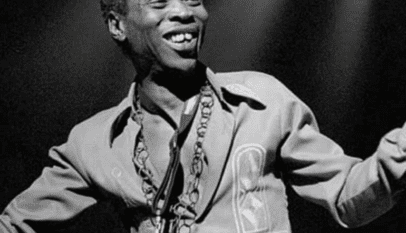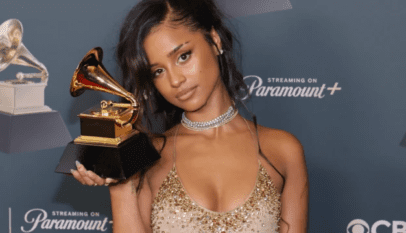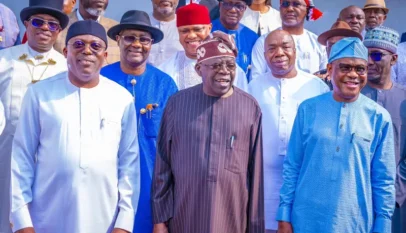In a dramatic legal move, rapper Drake is suing Universal Music Group (UMG) for defamation in connection with Kendrick Lamar’s controversial diss track, Not Like Us.
The lawsuit claims UMG published and actively promoted the track, despite its inclusion of what Drake calls false and damaging allegations, including accusations of pedophilia.
Drake’s legal team argues that the defamatory content in Lamar’s song has severely harmed the artist’s reputation, leading to widespread online harassment, multiple break-ins at his residence, and even a shooting incident involving his security team.
According to the lawsuit, UMG failed to prevent the publication of these claims and knowingly promoted the song to capitalize on the controversy and maximize profits.
The lawsuit, which has captured widespread attention, accuses UMG of prioritizing financial gain over the safety and well-being of its artists. Drake contends that the company was aware of the harmful impact the false accusations could have, yet proceeded to release the song to generate viral success.
Further complicating the matter, Drake claims that UMG, in collaboration with streaming platform Spotify, artificially inflated the song’s streaming numbers to ensure its commercial success. This allegation adds another layer to Drake’s accusations of corporate misconduct and manipulation.
The timing of the lawsuit is significant, as Drake is currently renegotiating his contract with UMG. The artist suggests that the fallout from the song has tarnished his public image, weakening his position in contract discussions.
UMG has firmly denied the claims, defending its longstanding support for Drake’s career and dismissing the allegations as false. The company has stated that the legal action is an attempt by Drake to suppress artistic expression and seek damages for the distribution of Lamar’s music.
This legal battle could have far-reaching consequences for both parties. For Drake, it represents a fight to clear his name and protect his reputation. At the same time, for UMG, it raises questions about the ethics of promoting potentially defamatory content for commercial gain.
As the case continues to unfold, it remains to be seen how the legal system will address the balance between free expression in the music industry and protecting artists from harmful defamation.
































